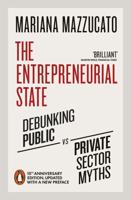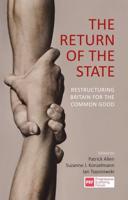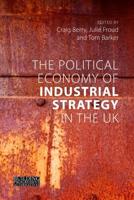Publisher's Synopsis
There is now a vast and still rapidly expanding literature of scholarly studies on the Chinese experience of economic growth and systemic transformation over the past 16 years. By and large, most of the studies tend to conceptualize the experience as a process of transition to the market economy. This position applies to even the moderate, evolutionary economists, who, thanks to the overwhelming evidence of the heterodox nature of the experience, have seemd to outcompete outright free-market advocates and have dominated the literature. In contrast to the market-centred orthodoxy, this book develops an alternative interpretation that is in the tradition of the late industrialization literature. Based on a wealth of evidence and well-articulated theoretical arguments, it submits that the outstanding performance of the Chinese economy during the period of 1978-94 was based on an appropriate combination of market and (non-market) institutional regulation.










